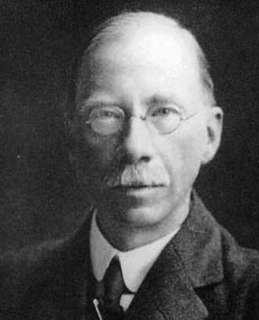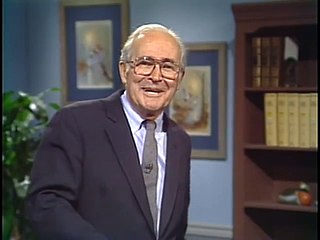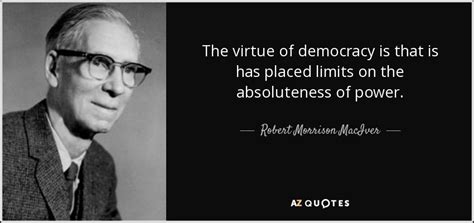A Quote by John Lennon
God is a concept by which we measure our pain.
I'll say it again.
God is a concept by which we measure our pain.
Related Quotes
You know the pain is part of the whole thing. And it isn’t that you can say afterwards the pleasure was greater than the pain and that’s why you would do it again. That has nothing to do with it. You can’t measure it, because the pain comes after and it lasts longer. So the question really is, Why doesn’t that pain make you say, I won’t do it again? When the pain is so bad that you have to say that, but you don’t.
Therefore, when we find our heart inflamed with love to God, we may know that God hath shined upon our souls in the pardon of sin; and proportionally to our measure of love is our assurance of pardon. Therefore we should labour for a greater measure thereof, that our hearts may be the more inflamed in the love of God.
To acknowledge our ancestors means we are aware that we did not make ourselves, that the line stretches all the way back, perhaps to God; or to Gods. We remember them because it is an easy thing to forget: that we are not the first to suffer, rebel, fight, love and die. The grace with which we embrace life, in spite of the pain, the sorrow, is always a measure of what has gone before.
Evil is thus a kind of parasite on goodness. If there were no good by which to measure things, evil could not exist. Men sometimes forget this, and say, there is so much evil in the world that there cannot be a God. They are forgetting that, if there were no God, they would have no way of distinguishing evil from goodness. The very concept of evil admits and recognizes a Standard, a Whole, a Rule, an Order. Nobody would say that his automobile was out of order if he did not have a conception of how an automobile ought to run.
So when we call pain a problem, we claim we do not deserve it. We are even prepared to scuttle God to maintain our own innocence. We will say that God is not able to do what He would like, or He would never permit persons such as ourselves to suffer. That puffs up our egos and soothes our griefs at the same time. "How could God do this to me?" is at once an admission of pain and a soporific for it. It reduces our personal grief by eradicating the deity. Drastic medicine, indeed, that only a human ego, run wild, could possibly imagine.
God is not good, or wise, or intelligent anyway that we know. So, people like Maimonides in the Jewish tradition, Eboncina in the Muslim tradition, Thomas Aquinas in the Christian tradition, insisted that we couldn't even say that God existed because our concept of existence is far too limited and they would have been horrified by the ease with which we talk about God today.
We are apt to think we know what time is because we can measure it, but no sooner do we reflect upon it than that illusion goes. So it appears that the range of the measureable is not the range of the knowable. There are things we can measure, like time, but yet our minds do not grasp their meaning. There are things we cannot measure, like happiness or pain, and yet their meaning is perfectly clear to us.
The concept of individual rights is so prodigious a feat of political thinking that few men grasp it fully - and two hundred years have not been enough for other countries to understand it. But this is the concept to which we owe our lives - the concept which made it possible for us to bring into reality everything of value that any of us did or will achieve or experience.
Racism itself is difficult to measure. We can measure hate crimes - which are absolutely an indicator. We can measure reports of discrimination. We can measure the number of times hateful words are being used across the Internet. Those things all help us measure racism, but it can sometimes be nebulous.
What do we measure when we measure time? The gloomy answer from Hawking, one of our most implacably cheerful scientists, is that we measure entropy. We measure changes and those changes are all for the worse. We measure increasing disorder. Life is hard, says science, and constancy is the greatest of miracles.



































